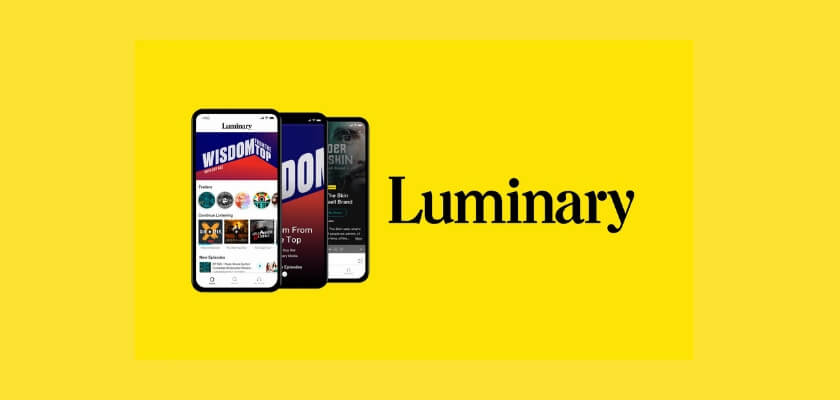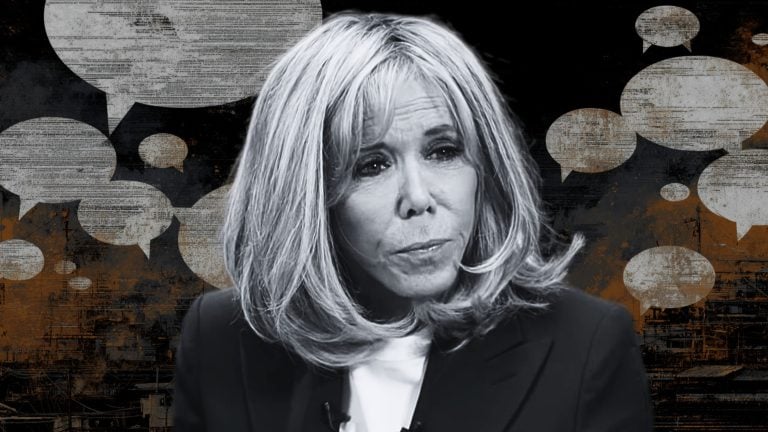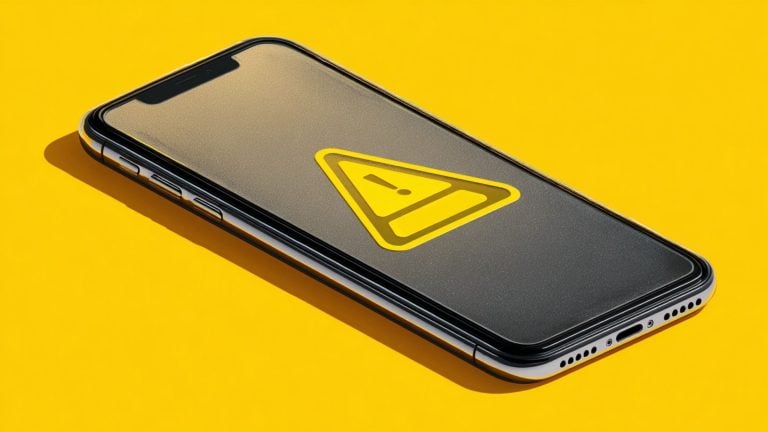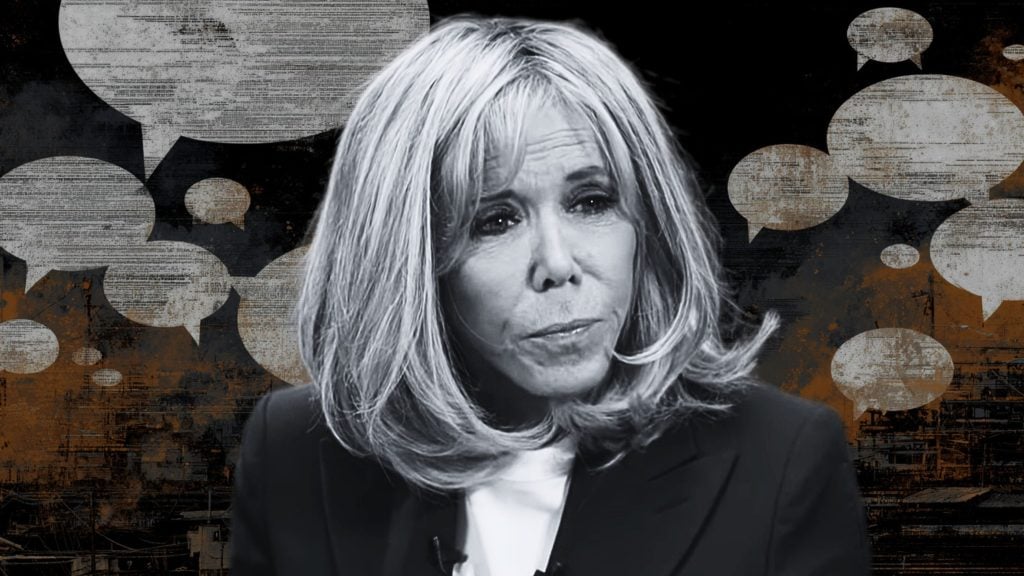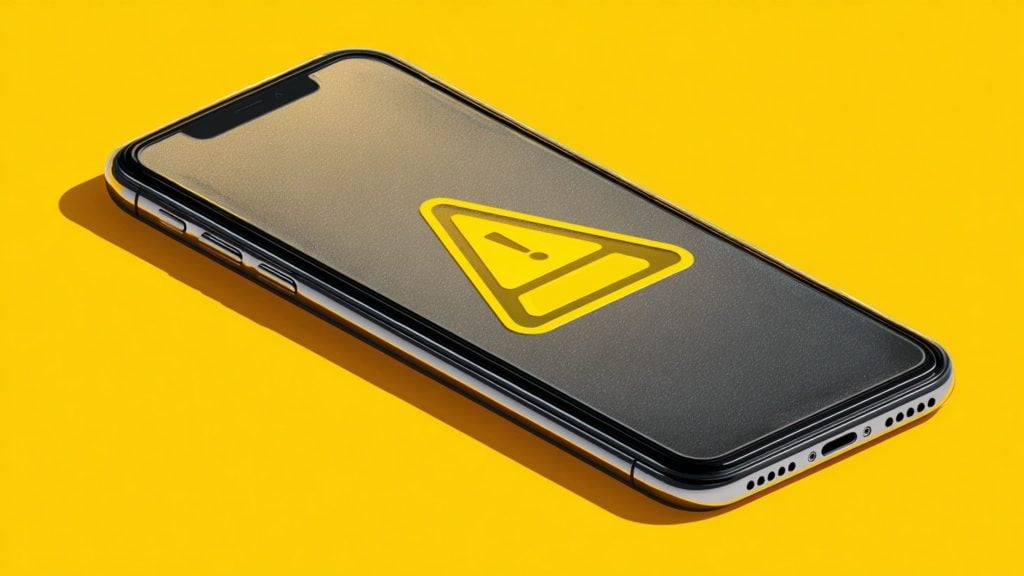UPDATE: A Luminary spokesperson contacted us to let us know how they plan to address this issue:
“Luminary appreciates the feedback we’ve received today about how our technology works. We’ve heard you and want to explain what we have done in response. To be absolutely clear: Luminary has never hosted or cached audio content for any open RSS feed podcast. We used a pass-through approach purely because we believed it would improve performance and speed for our users when listening to public feed audio files, particularly from smaller hosts.
We now see that this approach caused some confusion. We have spoken with multiple hosting providers who suggested changes we could make to clarify that public feed audio is not being hosted or cached by Luminary, and ensure that hosts receive the data to which they are accustomed. We have already implemented those changes for iOS, Android, and our web player.”
Based on our analysis it appears that the links have now been changed and that the masking proxy URLs are now serving HTTP 302 redirects.
The original article follows:
—
Podcasting app Luminary is not off to a good start. Even on announcement it was criticized from bringing about the “Facebook-ification” of podcasting by going against the open standards of podcasting using simple RSS feeds and working to lock premium podcasts behind a walled garden that they control.
Now, in its first week of launch, it appears that the app is also preventing at least some apps in the podcasts from being served from the host that the show creator has chosen to use; instead it appears that Luminary is ripping the MP3 content from the original host and hosting it on their own CDN (content delivery network) at https://media.luminarypodcasts.com
Taking the original MP3 from the show creator’s hosting company and rehosting it on their own network can, at worst, be seen as a copyright infringement – and, at best, be seen as an attempt to deprive the content creators of the listener statistics to their own shows.
Podcasts are usually made available using MP3 files served through RSS feeds. This open standard has been used for many years and lets the podcasts appear on many different podcasting apps that adhere to that open standard while letting the creator of the show remain the host of that content.
For example, Apple’s Podcasts app, PocketCasts, Overcast, Castro and many other of the most popular podcasting apps simply serve podcasts from the RSS feed of the original host. Some premium paywalled podcasts such as those on Audible or Spotify are often served from Audible or Spotify directly – but these are podcasts that are created or licensed by Audible or Spotify, meaning that they have the right to serve the content from their own hosting.
Luminary taking the original MP3 files from free and open podcasts that are using the open standard and hosting them on their own CDN would be unprecedented in the podcasting world.
Podcast creators need the stats of how many listeners they have in order to know the size and basic listening habits of their audience. It helps to know the size of their listenership so that they can let potential sponsors know the size of their audience.
Based on our inspection, it doesn’t appear that there is any specific deciding factor for which podcasts are being re-hosted and served from Luminary’s own servers. Podcasts that get tens of thousands of listeners per episode are being cached – alongside smaller podcasts that get just a few hundred listeners per episode.
Yesterday, it was reported that one of the most popular podcasts in the world, The Joe Rogan Experience was joining other podcasts in requesting to be removed from Luminary.
Many podcasts are pulled in from the open network by default by Luminary, and creators have to manually request to be opted-out of the service in the following way, according to the Luminary website:
If you would like to remove your podcast from our community of hundreds of thousands of free podcasts, please email the following information to [email protected]:
Your name and/or the legal entity that owns / controls the podcast
The name of the podcast
The RSS URL of your podcast and iTunes ID
A statement that you own or control the podcast submitted

